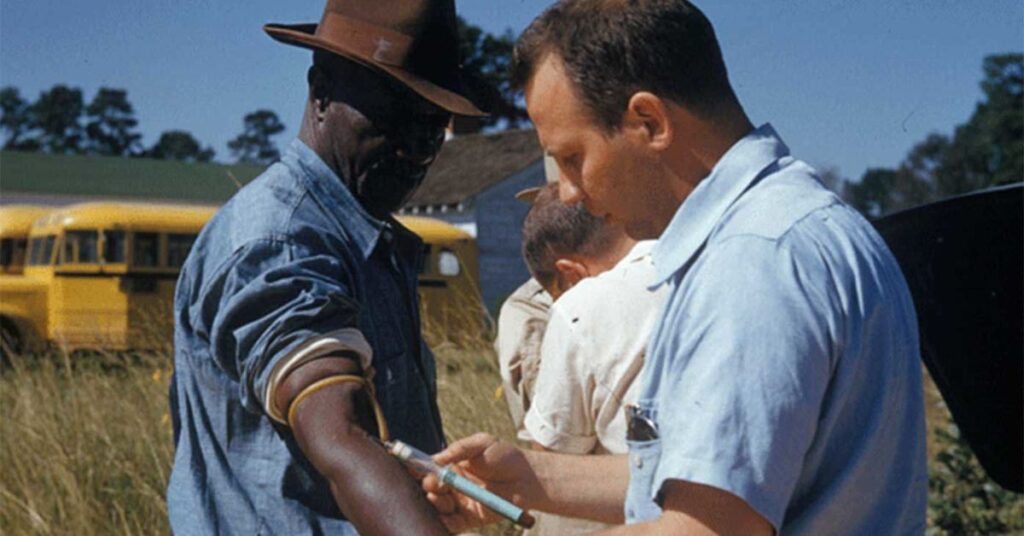Air France Concorde Crash: The Tragedy That Shook a Nation
Just minutes after taking off from Charles de Gaulle Airport on July 25, 2000, tragedy struck as an Air France Concorde crashed, claiming the lives of all 109 aboard, plus four others on the ground. The incident has left scars on both a nation and an industry that, in their own way, felt invulnerable. The plane, a marvel of engineering, carries with it now a sorrowful legacy—one that serves as a reminder of the fragility of safety within aviation.
Witnesses reported seeing a “heavy fireball” as the aircraft erupted in flames. “I was standing near the runway when I heard a loud explosion,” shared Pascal Lemaire, an airport security guard. “The fire, it was like nothing I’d ever seen before.” His shaken voice echoed the chaos that unfolded as the Concorde, known for its speed and luxury, succumbed to a devastating malfunction moments after takeoff.
Now, about those details—uh… (was it 11:15 AM or 11:30? I should double-check that later)—the specifics of the crash itself are increasingly shrouded in confusion. Experts theorized that a metal strip from a Continental Airlines DC-10—after it fell onto the runway—punctured a tire, leading to an engine failure that sent the Concorde spiraling back to earth.
Officials at the time pegged the fatalities at 113—including a group of 100 American tourists returning from Paris. A voice overheard in the crowd murmured, “It just didn’t feel real,” echoing sentiments that traveled beyond the tragic moment. But—did it need more? I mean, so many questions, you know?
Many feel the weight of unanswered questions. A quote from Air France spokesperson, Anne-Marie Vidal, shrugs off a response that carries layers of corporate jargon mixed with human dread. “The safety of our passengers is our top priority,” she stated, “and we will conduct a full investigation.” Euuh, but you have to wonder how much of that is true?
The investigation revealed shortcomings in safety measures and regulations. Still—uh, let’s see, was it September or October? Right. September. Reports emerged that the Concorde had not been updated with the latest safety protocols. Investigative journalist Claire François remarked, “It’s an insane failure in the system.” Her voice carries urgency, emphasizing the distress when something so believed in—like this legendary jet—comes crashing down, quite literally.
To add to the complexity of public sentiment, voices from the aviation community felt unheard. Zoé Dubois, a longtime flight attendant who remained anonymous for fear of repercussions, commented, “There was a lack of transparency, a sort of ‘close ranks’ mentality.” So, uh, that’s really not great news for those still in the industry.
Statistics from various reports pointed to a growing distrust in commercial aviation safety—46 percent of people surveyed said they felt “unsafe” flying post-crash. However, the reliability of those numbers has been questioned—some observers note such surveys were often conducted in haste, generating conflicting results. “Confusion,” as one analyst put it, “is the worst enemy of truth.”
I actually had to juggle this article amid phone calls, and I just realized I missed a call from the editor, uh, needs more sources here, I’m guessing. It’s hard to concentrate with the room smelling faintly of burnt coffee, plus, just—lots of thoughts swirling in my head. (Editor: “Need a bit more on the safety regulations—out of time, sorry!”)
The aftermath? Heartbreaking, and yet—does the crash affect regulations moving forward? Hard to say. For many, like a family member of a victim who wished to remain unnamed, “We want accountability, but how do you measure it?”
As I scribble down thoughts, memories, and misgivings, everything feels just a little too… raw. I’m not sure I fully captured the grief that still lingers in the air almost 23 years later. Still, the overarching question remains: How do we ensure safety without stifling innovation? The story, it seems, isn’t over.
But really—where does that leave the aviation industry now? And, um, how do we grapple with memories that refuse to fade? Questions linger as they always do; it’s a heavy burden we carry.

